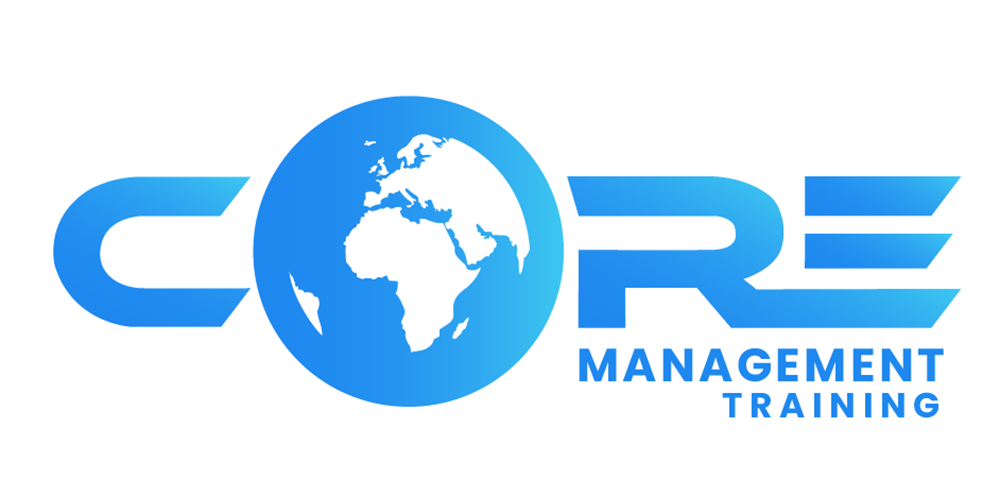Needed skills for the pharmaceutical sales rep to be best in class!
I decided to take a stab at his question based on my many years of being a sales rep, sale manager, and a training manager. This will focus on pharmaceutical’s since it’s where I have spent my corporate career, but you may find some of this information helpful from other industries. Selling skills, Business Acumen and Resiliency are three primary areas of importance.
Companies are effective at training sales reps on the product, but don’t spend as much time on the art of selling. Top representatives continually work to master their craft. I remember my Regional Manager challenging the leadership team to train our salespeople more effectively on the art of selling. Our Region had ranked consistently near the bottom of the rankings. We passed around Brian Tracey’s book the “Psychology of Selling,” “How to Master the Art of Selling,” by Tom Hopkins and a few other sales books. Our performance steadily improved during the year.
As a new sales rep in the pharmaceutical industry, I tried to learn every technique available to be a master in sales. I kept a notebook in my car writing down different closes and objections to see what would work. Each time I failed to close it was like taking $20 bill and throwing it in the trashcan.
Books like “Louder than Words” by Joe Navarro, helped me understanding body language. It was a key to me improving my sales performance. Customers tell you so many things without even speaking. I remember reading a book on body language as a sales rep and realizing that the physicians were not buying into my sales message. I was able to gauge the impact of the call by seeing him uncross his arms and legs when standing up against the counter.
Social styles or DISC is another important tool that a sales rep should understand to communicate effectively with their customers. Ron Willingham’s book “Integrity Selling” is a good primer on Social styles from a selling perspective. Emotional Intelligence is like Social Styles versatility on steroids and will help sales reps key into some of the emotional responses from their customers.
The marketplace is complex and changes so quickly that salespeople must keep up and execute what they learn. In pharmaceuticals, it means understanding healthcare trends and healthcare dynamics not only on a local perspective but also a National. Be knowledgeable about working relationships among hospital systems, medical groups, and other constituents.
Understand the customers business. This will allow you to understand the customer’s situation and help you understand why they might want to do business with you. Moving up the Buy-Sell Hierarchy, “New Large Account Management Process,” Miller Heiman is still an important concept today. Do you bring enough value to the customer relationship where they must see you? Working to get to be a trusted advisor to customers will help you grow more sales.
There are many tools available for reps to keep up with industry news to include Fierce Healthcare, Pharma Voice, American Patient First, Becker’s Hospital Review, Modern Healthcare just to name a few.
Being a sales rep is hard in any industry and especially pharmaceuticals. Recently Gallup ranked the pharmaceutical industry last behind even the federal government. Physicians, patients, and staff members are customers also and may have negative feelings about the reps that come to the office. Many offices are closing their doors to seeing reps. The share of physicians seeing reps in-person dropped from 67% last year to 54% in this year’s survey of 1,285 practicing physicians in the U.S. According to an article in Fierce Healthcare. Much of this is driven by the amount of time physicians spend with EHR systems and the ability to find the information they need on-line.
Customers are more educated than ever and have high expectations for sales reps. It is important to bring new or useful information that customers can use and sharing new insights that may have been overlooked or not well known. Reps should also be able to internalize knowledge and understanding into actionable insights. There are many skills that sales representatives need to be successful. These are just a few that I have listed.
I would love to hear your insights into what makes a successful sales representative, and how you are training and upskilling your teams to meet the demands of the marketplace.



